All Stories
-
 Astronomy
AstronomySun’s ejections collide to create extreme space storm
In July 2012, the sun shot off streams of charged particles and magnetic fields that collided to create a record-setting space storm.
-
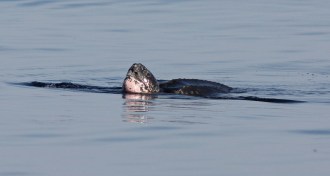 Animals
AnimalsHow to count a sea turtle
Trends, not absolute numbers, matter more when it comes to conservation efforts for sea turtles.
-
 Space
SpaceExoplanet oxygen may not signal alien life
Oxygen in an exoplanet atmosphere may come from water and ultraviolet light, not alien life.
-
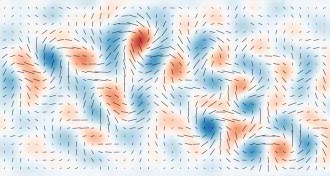 Cosmology
CosmologyGravitational waves unmask universe just after Big Bang
For the first time, researchers have seen traces of superfast cosmic expansion and gravity waves.
-
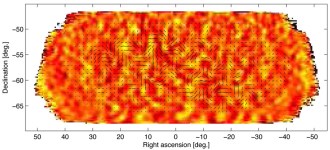 Cosmology
CosmologyInflation rides gravity waves into cosmological history
The discovery of gravity waves in the cosmic microwave radiation signals the success of inflationary cosmology.
-
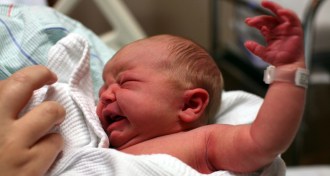 Psychology
PsychologyNewborns seem to relate space, time and numbers
Newborns zero to three days old seem to have the ability to relate the concepts of space, time and numbers of objects.
-
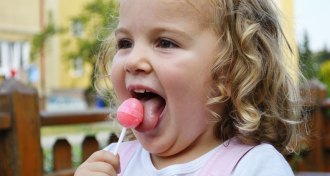 Health & Medicine
Health & MedicineSugar doesn’t make kids hyper, and other parenting myths
There’s no shortage of advice out there for parents, but some pearls of wisdom simply aren’t true.
-
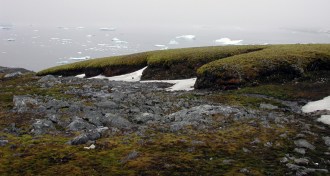 Plants
PlantsMoss still grows after 1,500-year deep freeze
After incubating slices of moss that have been frozen for 1,500 years, the plants began to grow again.
-
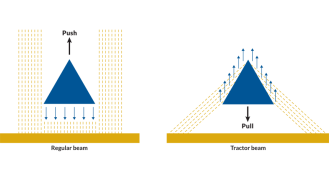 Physics
PhysicsA tractor beam reels in objects with sound
A tractor beam of focused sound waves has pulled on an object as large as a Toblerone chocolate bar.
By Andrew Grant -
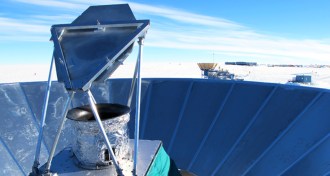 Cosmology
CosmologyFirst images of gravity waves, evidence of cosmic inflation reported
The first images of gravitational waves and the first direct evidence for cosmic inflation were announced March 17.
-
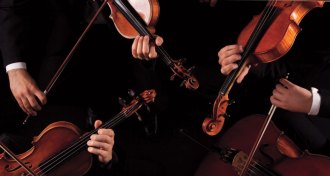 Psychology
PsychologyHow string quartets stay together
New data tracking millisecond-scale corrections suggests that some ensembles are more autocratic — following one leader —while other musical groups are more democratic, making corrections equally.
-
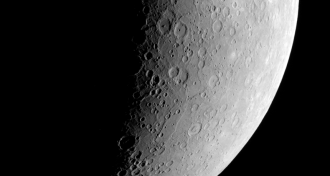 Planetary Science
Planetary ScienceMercury is more shriveled than originally thought
Like a week-old party balloon, Mercury has shrunk over the last 4.6 billion years.